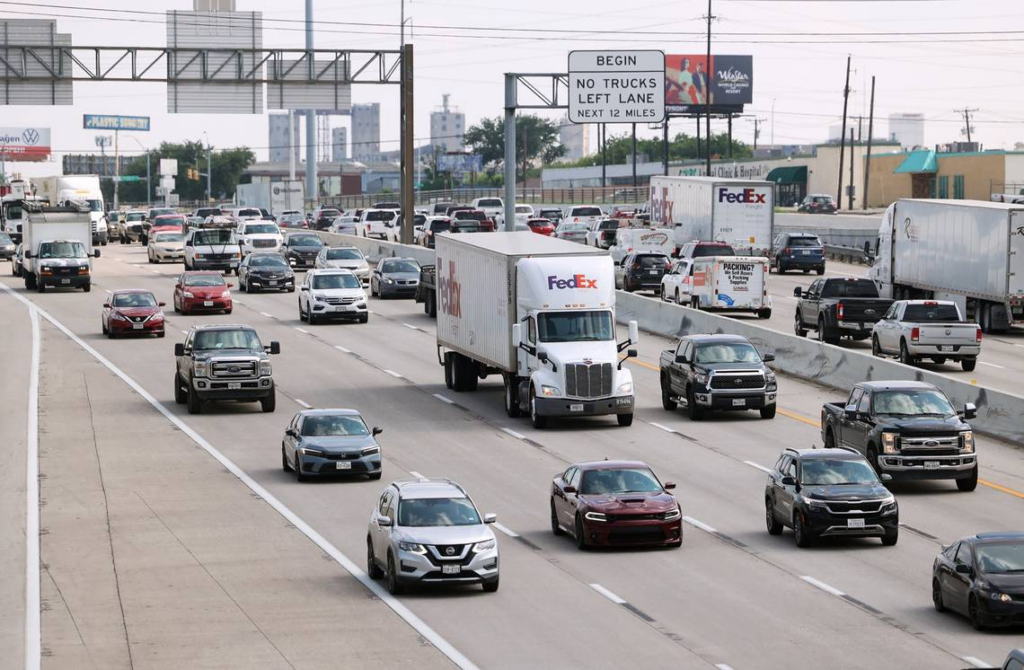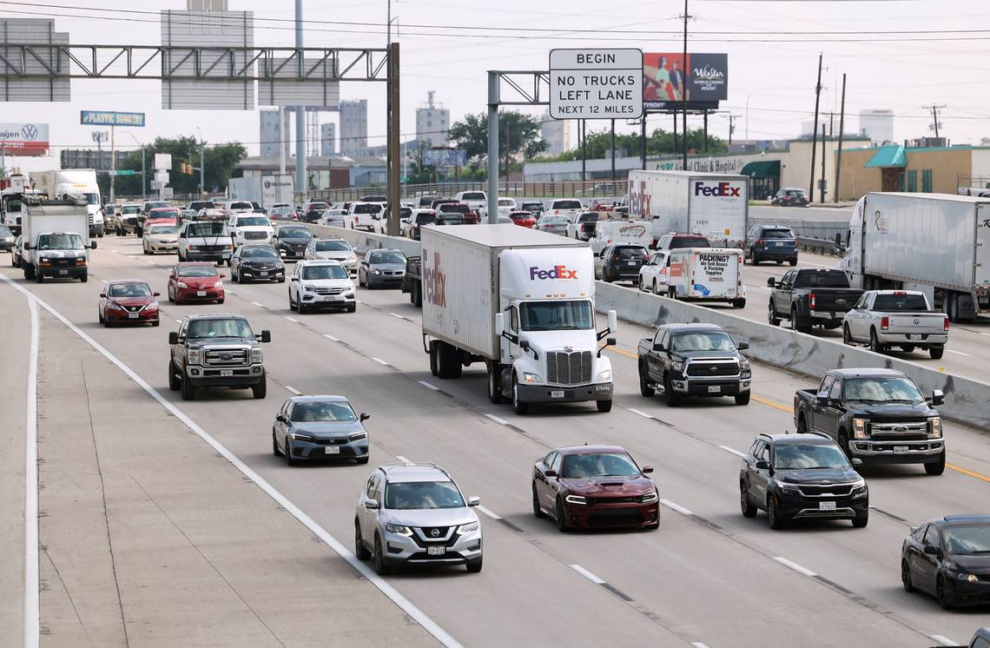Texas has many long stretches of roadways across the state, most with wide paved shoulders. Shoulders allow drivers to pull over, or in some cases, allow other cars to pass them. But is driving on the shoulder to allow faster vehicles to pass you legal in Texas? Here’s what we know:
IS DRIVING ON THE SHOULDER TO ALLOW FASTER VEHICLES TO PASS YOU LEGAL IN TEXAS?
Yes, Texas law allows motorists to drive on “improved” or paved shoulders in certain circumstances. Under Texas Transportation Code section 545.058, motorists are allowed to drive on the shoulder right of the highway to:
- Stop, stand or park.
- Accelerate before entering the main traveled lane of traffic.
- Decelerate before making a right turn.
- Pass another vehicle that is slowing or stopped on the main traveled portion of the highway, disabled or preparing to make a left turn.
- Allow another vehicle traveling faster to pass.
- As permitted or required by an official traffic-control device. Avoid a collision.
CAN YOU DRIVE ON THE SHOULDER LEFT OF THE HIGHWAY OR JUST THE RIGHT?
Americans drive on the right side of the road, meaning that their immediate shoulder driving area is to the right. But what about driving on the left side shoulder? Texas Transportation Code allows motorists to drive on the left shoulder if done safely to:
- Slow or stop when the vehicle is disabled and traffic or other circumstances prohibit the safe movement of the vehicles to the shoulder to the right of the main traveled portion of the roadway.
- As permitted or required by an official traffic-control device.
- Avoid a collision.
ARE THERE ANY TRAVELERS EXEMPT FROM TEXAS’ SHOULDER DRIVING LAWS?
Yes, the above limitations on driving on a paved shoulder do not apply to:
- Emergency vehicles responding to a call.
- Police patrol.
- Bicyclers.
- Slow-moving vehicles such as golf carts.
Source: Star Telegram











